Fordham Law Holds Legal English Institute Virtually
19 students from 13 countries are currently enrolled in the Legal English Institute (LEI) at Fordham University School of Law, which is taking place virtually this semester due to the COVID-19 pandemic.
LEI introduces international students to the legal system and law in the United States, with a focus on improving legal English skills, according to Assistant Dean Toni Jaeger-Fine, who directs the program. The semester-long program is open to all law students and graduates from outside of the United States.
“The program is very interactive, and students submit written assignments throughout the semester and are encouraged to actively participate in classroom discussions,” said Jaeger-Fine.
There is only one session of classes, which meet remotely on Zoom in the morning, Eastern time, according to Jaeger-Fine.
Sanna Shenoy, who is from Copenhagen, Denmark, said that taking classes virtually has allowed her to utilize her time to complete work during the day and attend class in the late afternoon.
“Taking the classes during New York time has only been an advantage for me,” Shenoy said.
Although the program is online, the curriculum remains the same.
“Structurally, the online version of LEI is very much like the in-person program. There is nothing we did in the in-person program that we are not doing in the online version,” said Jaeger-Fine.
According to Jaeger-Fine, there are added benefits of holding the program virtually, such as breakout rooms on Zoom, which offer a pedagogical advantage to the virtual format. Jaeger-Fine said that she informally meets the students for lunch.
Shenoy said that the online format has made her less nervous to participate in class, and she appreciates the ability to review the class recordings. She said that the ability to write a private message to the professor during class has made a big difference for her.
“This was very helpful for an international student who was learning about these formalities in an American study environment for the first time,” Shenoy said.
With the program online, LEI students are also able to attend events that are typically only open to Fordham Law master’s students, such as the Professionalism Series. The series allows students to have conversations with practitioners about their career paths and gain insight on what managers look for in junior attorneys, according to Jaeger-Fine.
“Events like this have the added benefits of enabling LEI participants to network and of connecting our LEI students to the larger Law School community,” said Jaeger-Fine.
In response to the pandemic, LEI will remain virtual next semester, she said.
“In terms of participants, this format allows students to participate even if they cannot be in NYC due to work or family obligations, or the expense of living here,” said Jaeger-Fine.
Paulina Diaz, a student from Manizales, Colombia, said the biggest challenges are technical problems and that class discussions can be difficult to unfold virtually.
“It is difficult when various students want to participate in the discussion,” Diaz said.
Jaeger-Fine said it is a possibility that LEI remains online after the pandemic, but will wait to make a final decision until the world starts to normalize again.
This semester, students hail from Argentina, Brazil, Canada, China, Colombia, Denmark, France, Kazakhstan, Saudi Arabia, Sweden, Switzerland, Thailand and Turkey.
“This cultural diversity really enhances the program and the student experience,” said Jaeger-Fine.
Christine Shanks, a French-Canadian litigation lawyer from Montréal who attends LEI, said that her favorite part of the program is the students’ cultural diversity, which allows her to learn about the legal systems of other countries.
“It is a fascinating component of the program to have students from nearly all continents of the world attending it,” Shanks said.
Jaeger-Fine said she was most concerned about how students would connect with each other virtually, and she plans on incorporating more social events for students and faculty to meet with each other informally next semester.
“I have been delighted to see how the students have bonded with each other despite not having met face-to-face,” said Jaeger-Fine.

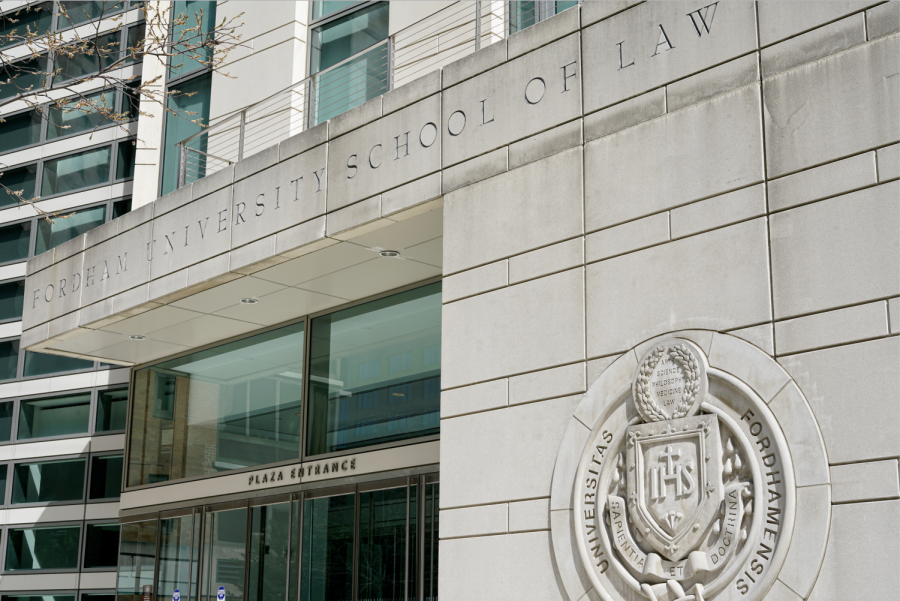
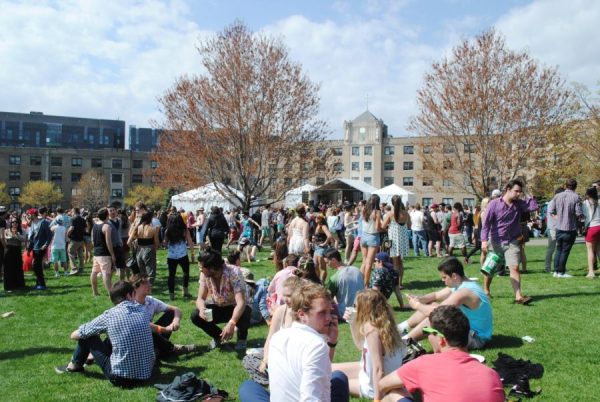
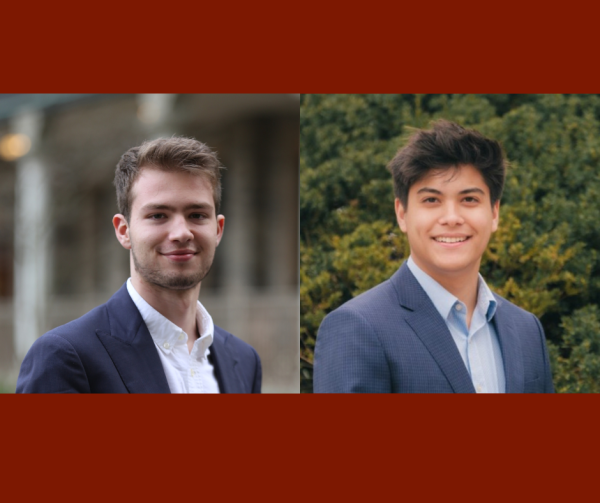


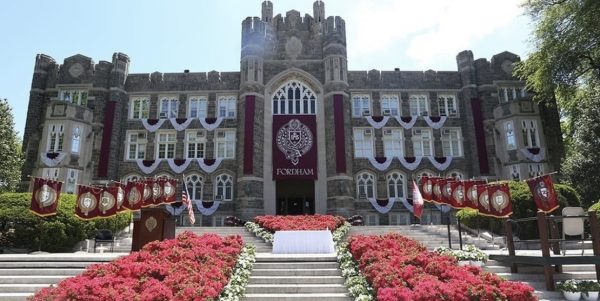
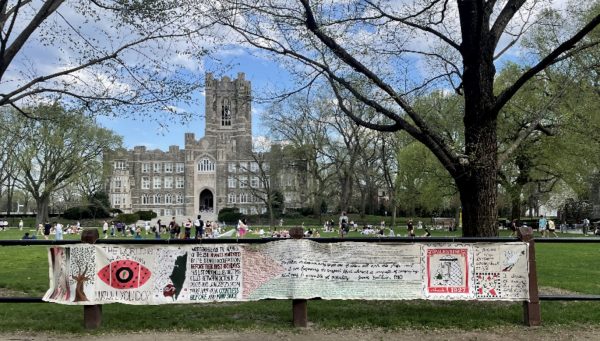
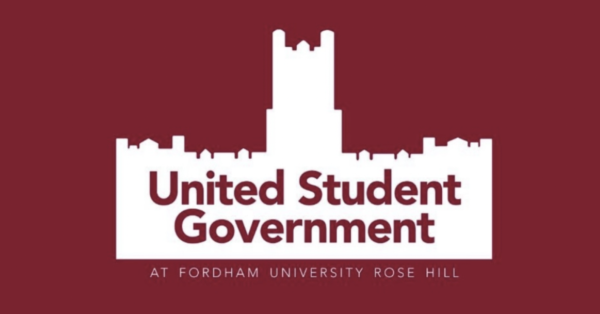

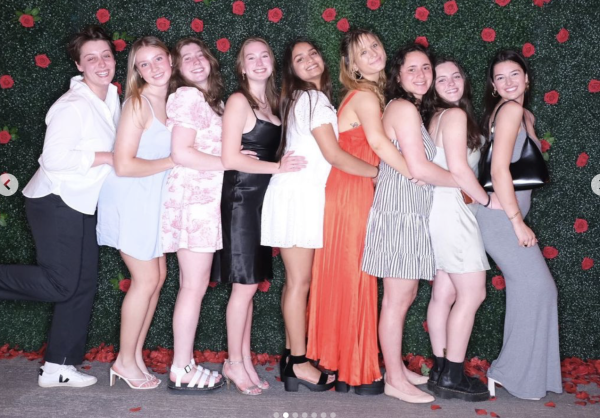

Sanna Shenoy • Aug 31, 2022 at 4:01 pm
Sanna Shenoy: I highly recommend Legal English Institute